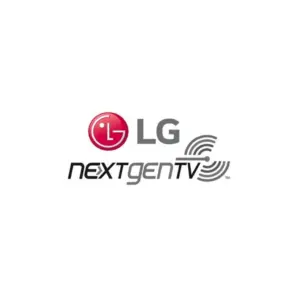Back in July, 2023, a company called Constellation Designs won a court order that would, according to LG, result in an effective royalty rate of $6.75 for TV the company sells with a NextGen TV logo. That is at the heart of a letter the company sent the FCC saying that it would suspending support for ATSC 3. 0 in its 2024 TV line-up in North America. While the case is still subject to potential appeal. However, LG’s decision to make a stand may not be.
The concept of reasonable and non-discriminatory (RAND) terms is primarily associated with the licensing of standard essential patents (SEPs). These are patents that are essential for the implementation of a technical standard. The argument for RAND terms is multifaceted and rooted in ensuring a balanced and fair ecosystem for both innovators and implementers: The Constellation Designs verdict contrasts starkly with the generally accepted RAND rate of $2.75 to $3.00 per unit that LG references in its letter and is, in the belief of the company, counterproductive to the broader adoption of ATSC 3.0.
The repercussions of this verdict not only impact LG’s immediate actions but may also set a precedent that could be leveraged by other patent holders in the future. LG’s decision to suspend the inclusion of ATSC 3.0-compatibility in its 2024 television lineup for the US is significant. For the industry at large, LG’s experiences and decisions signal several challenges: Firstly, the uncertainty around the patent landscape poses a significant deterrent to innovation and deployment of advanced technologies. When industry leaders like LG opt to hold back on introducing new tech to the market due to patent concerns, it can have a ripple effect, potentially causing other companies to be cautious in their investments and innovations.
Secondly, the varying interpretations and implementations of the RAND commitments can destabilize the patent licensing ecosystem. While many entities commit to and respect RAND terms, entities like Constellation Designs, which operate outside these commonly accepted terms, create imbalances. Such actions can lead to protracted legal battles, causing industry-wide delays in technology deployment and subsequent increased costs.
The situation also underscores the power and influence of patent pools like Avanci Broadcast and Via Licensing Alliance. These pools play a vital role in mediating and streamlining patent licensing processes. Yet, their influence can be undermined by entities not participating in the RAND commitment.

